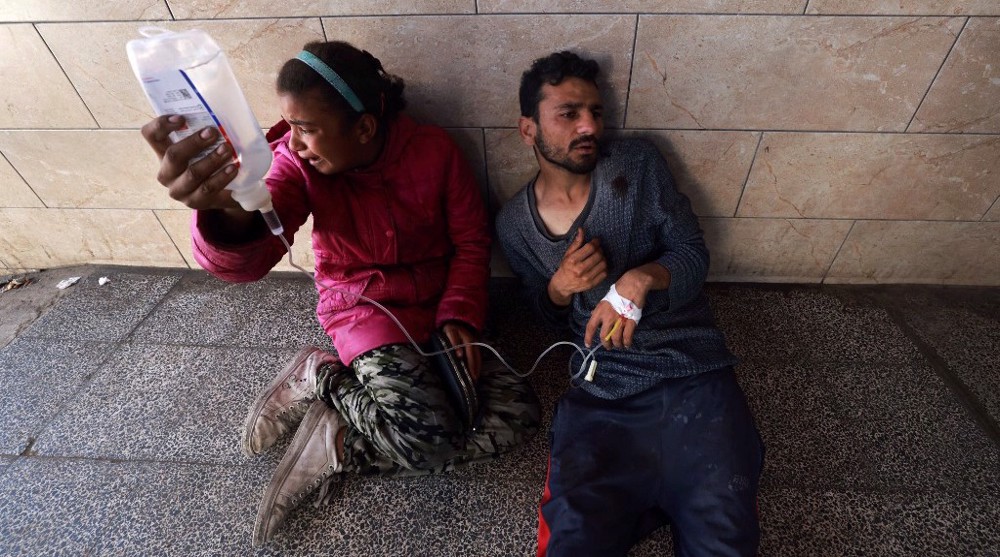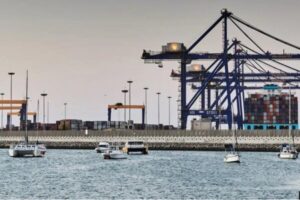The government in Gaza says that the maritime aid delivery from Cyprus falls short of meeting the substantial needs of the territory’s about 2.4 million residents.
“According to what was announced, the ship’s cargo does not exceed that of one or two trucks, and it will take days to arrive,” Salama Marouf, spokesman for the government press office, said.
He said some logistical questions about the operation were unanswered and raised concerns about Israeli inspections.
“It is still unknown where it will dock and how it will reach the shores of Gaza,” Marouf said. “Moreover, it will be subject to inspection by the occupying army.”
A former salvage vessel run by Spanish charity Open Arms set off from Cyprus early Tuesday towing a barge loaded with 200 tonnes of aid in a trial run for the maritime corridor.
On Wednesday, the vessel had yet to complete the nearly 400-kilometer crossing of the eastern Mediterranean to Gaza, where US charity World Central Kitchen said work was underway to build a makeshift jetty.
Echoing a point made repeatedly by UN agencies in recent days, Marouf noted that a maritime aid corridor was far less efficient than overland routes, and called for international pressure on Israel to let aid trucks through its border crossings.
An average of 112 trucks per day have been able to enter Gaza since the first checkpoint, in Rafah on the border with Egypt, opened on October 21, 2023, according to figures from UNRWA, the UN agency for Palestinian refugees.
Before the war, nearly 500 trucks a day entered Gaza, according to humanitarian sources.
Gaza’s dire food shortages after more than five months of war have resulted in 27 deaths from malnutrition and dehydration, most of them children, according to the territory’s health ministry.
Israel’s brutal onslaught on Gaza has so far killed at least 31,270 people, mostly women and children, according to health ministry figures.
Thousands of others have gone missing, and are feared to be dead under the rubble.




